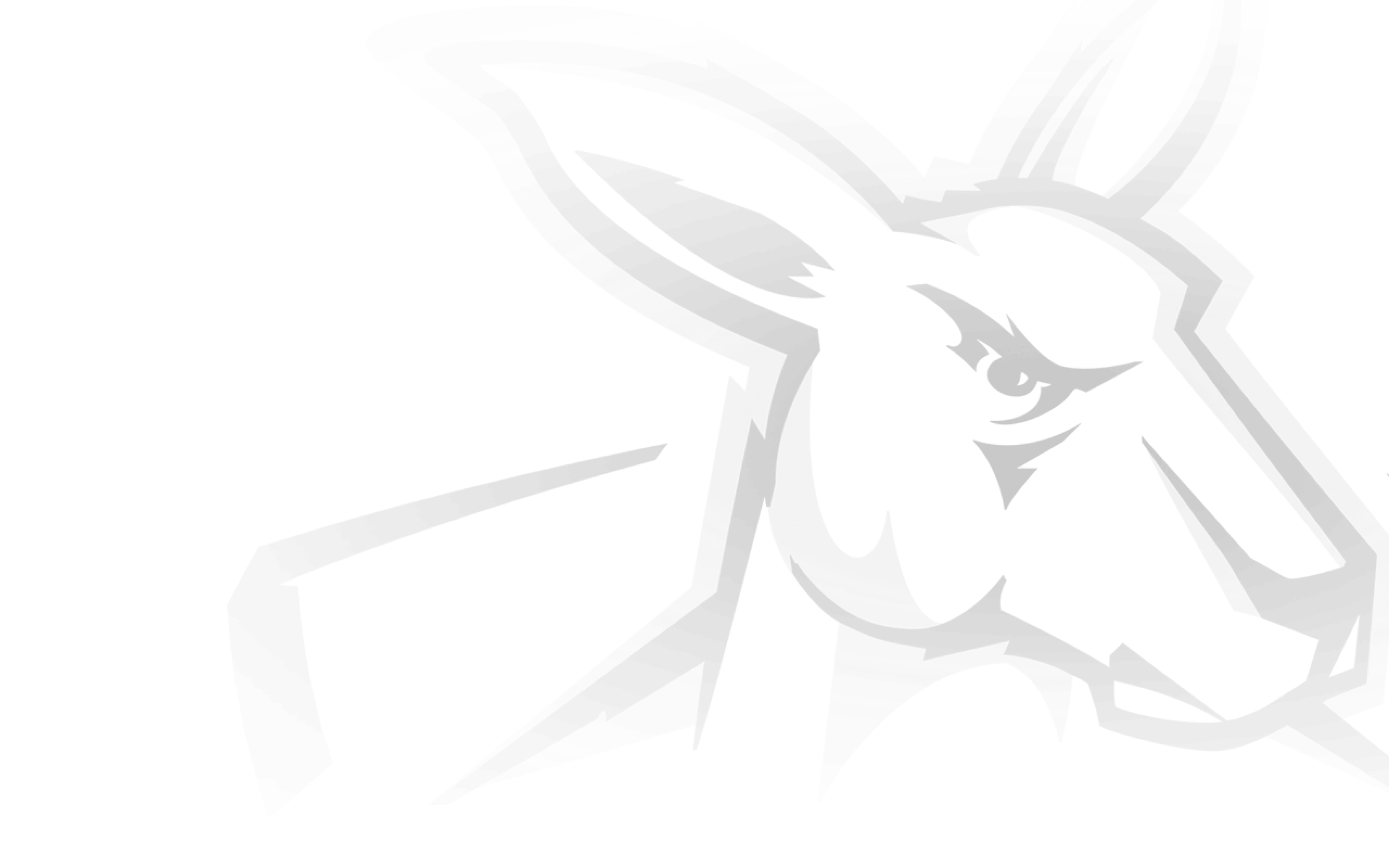Starting in the ruck, Nic Naitanui and Dean Cox are a fearsome combination. However, their role has shifted slightly in 2012. In previous seasons it was Cox who would shoulder the majority of the rucking duties, but now Naitanui assumes the number one ruck position.
It provides a different set of challenges for whoever North decide to pick as their number one ruckman. While Cox was a terror around the ground, Naitanui's athleticism takes it to another level. If the North match committee elects to recall Todd Goldstein to the side, he would most likely get first crack in the ruck.
Cox now spends more time in the forward 50; something which will no doubt increase further due to the absence of Josh Kennedy for the next three months with an ankle injury. Assuming McIntosh plays the role of second ruck, the majority of his time will be spent in the North Melbourne forward line. This means a key defender will be tasked with the responsibility of shutting down Cox.
Looking at the backline from last week's game against Gold Coast, Luke Delaney could be the first option. While any defender will inevitably be giving up a height difference, Delaney's ability in contested situations could be crucial given West Coast's tendency to bomb the ball long into its forward line.
At the other end of the ground, McIntosh has the opportunity to stretch the Eagles defence for size. With Darren Glass most likely heading to Drew Petrie, McIntosh could have a seven centimetre advantage over a returning Eric Mackenzie if the matchup eventuates.
It's West Coast's high half forwards that can often provide the most trouble for opposition. Most sides normally use these positions on smaller players, meaning as good as said players are, they're often one-dimensional. Not the case with the Eagles.
Quinten Lynch and Jack Darling are threats both in the air with their marking ability and in general play with their kicking.
Lynch in particular has improved his mobility and his tank, meaning a running defender with the capacity to stick with him in the contest is needed. Enter Michael Firrito. The veteran is enjoying career-best form to start 2012 and should match up well against Lynch. He can also attempt to run off Lynch and start counter-attacks.
While Darling plays a similar role to Lynch, the absence of Kennedy means he could be asked to play closer to goal at certain times. As the second year player defies critics with superb performances week after week, he continues to add new strings to his bow. West Coast appear to have landed one of the steals of the 2010 National Draft with Darling.
Scott Thompson is the logical choice to match up on Darling given he can match him both in the air and on the ground. Much like Firrito on Lynch, Thompson can also be an option in attack, forcing Darling to be accountable on both sides of the ball.
The final spot in the West Coast forward line will prove to be the toughest to plan for, as there is so much uncertainty over just how the Eagles will decide to replace Josh Kennedy. In John Worsfold's weekly media conference, he proclaimed:
"We’ve got plenty of options...we could easily bring in Scott Lycett or Fraser McInnes. We could also go a mid-sized forward like a Gerrick Weedon."
If West Coast bring in either Lycett or McInnes, it poses a fresh set of challenges. Lycett, at 202 centimetres, will clearly have a edge in the aerial battle over whoever he plays on. McInnes was described by Worsfold as 'a real natural footballer', and possesses enough mobility to provide a real threat on the lead.
While either of these two players could slip under the radar of fans, rest assured they can provide a genuine headache for the North Melbourne defence. It's often the least hyped players causing the most damage on the scoreboard.


